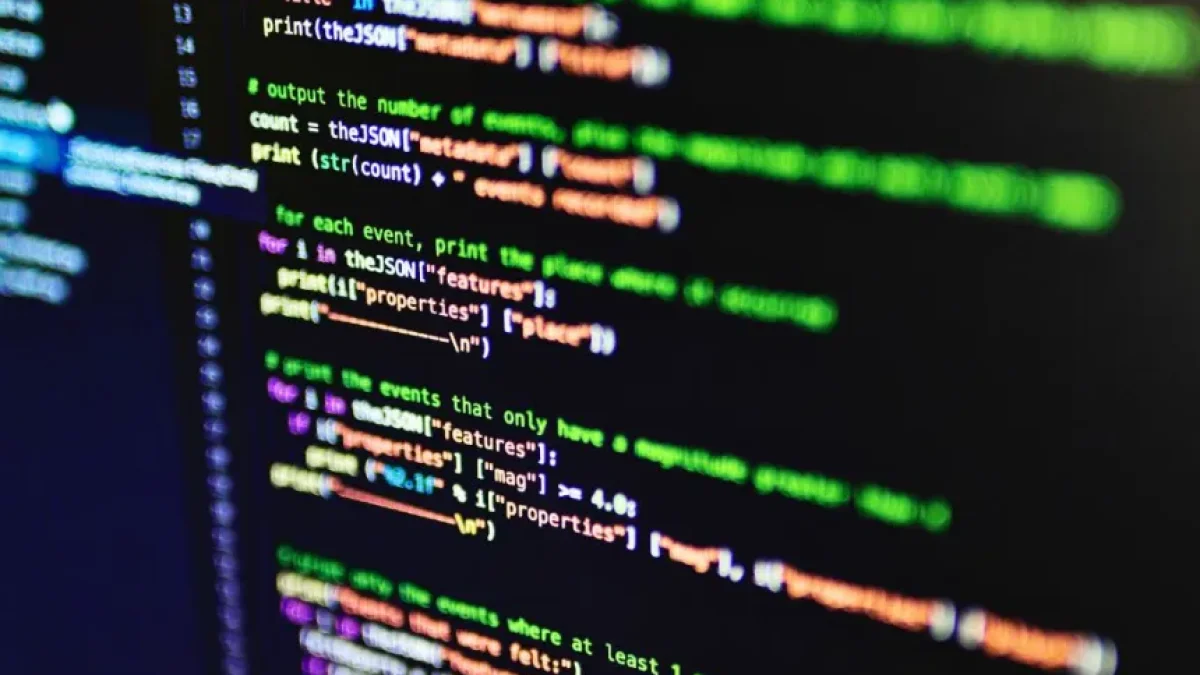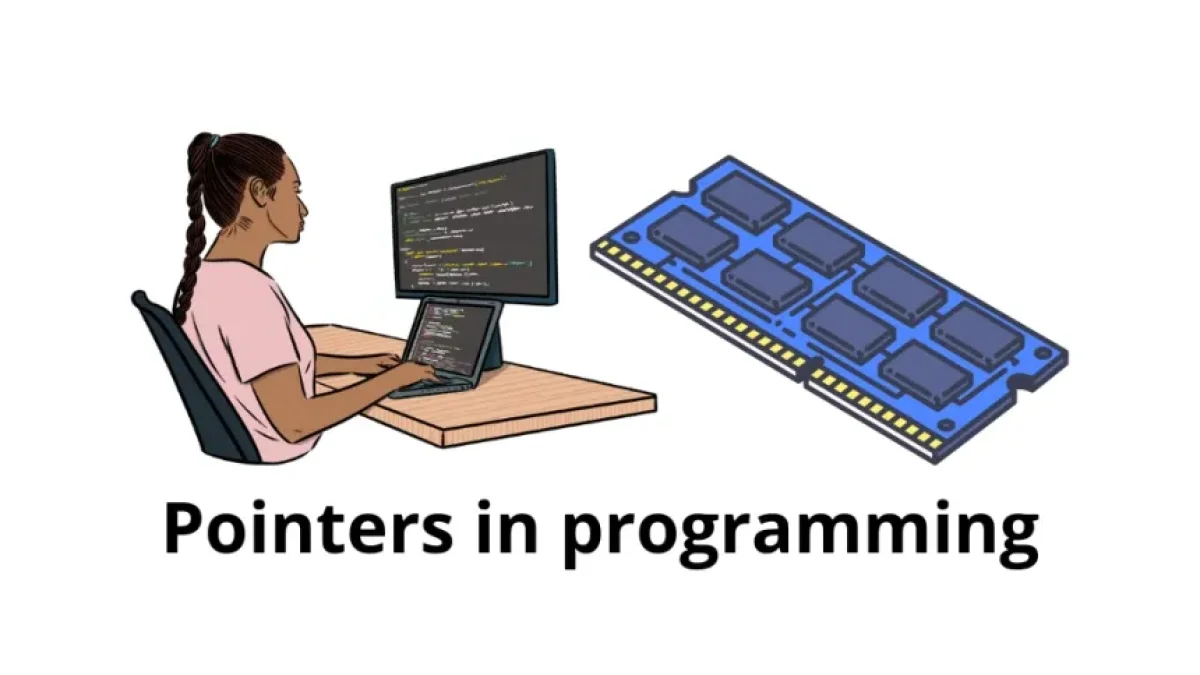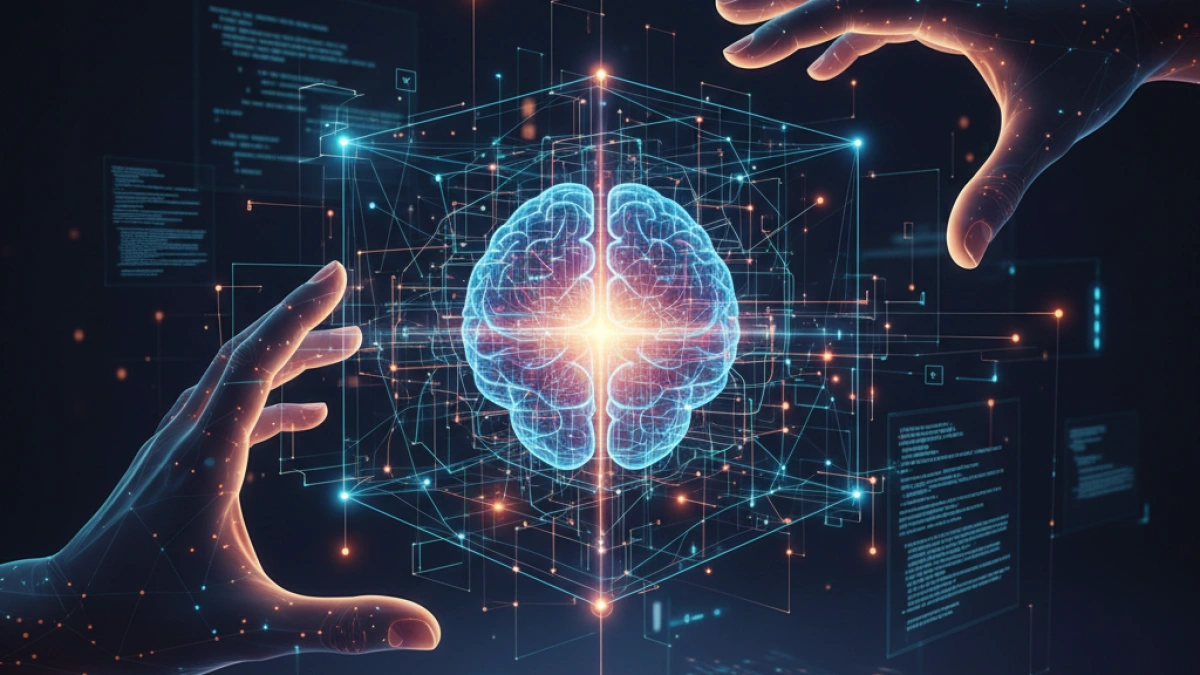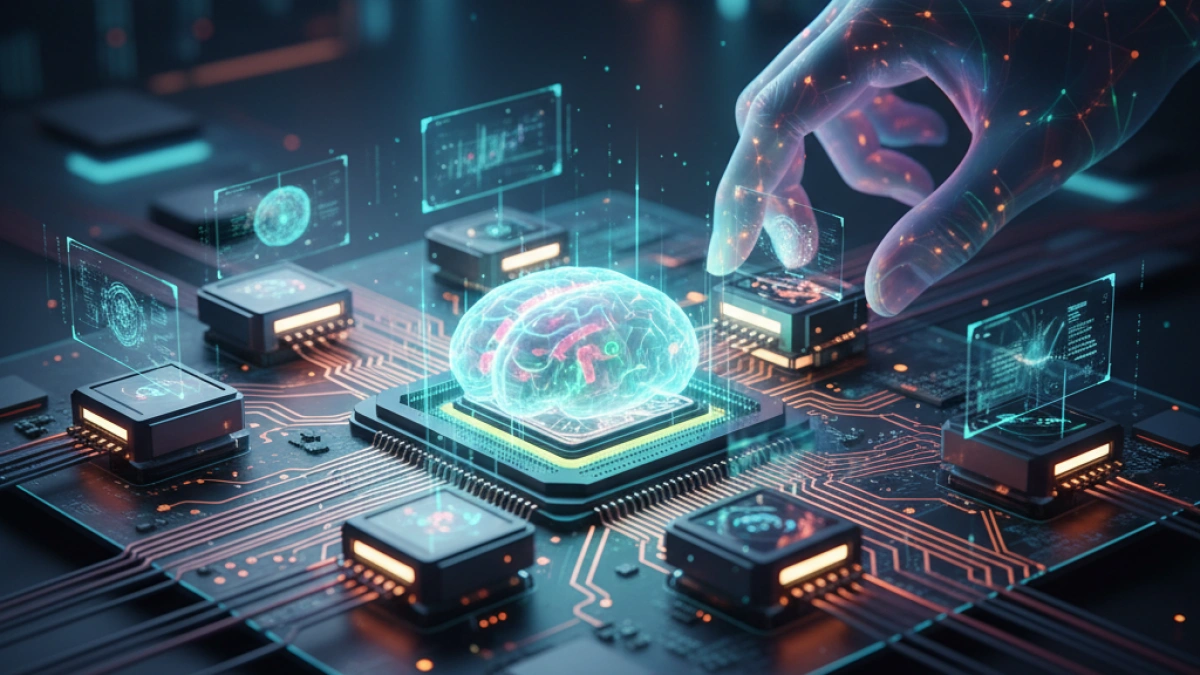The 5 Crucial Skills Every Programmer Needs in 2025

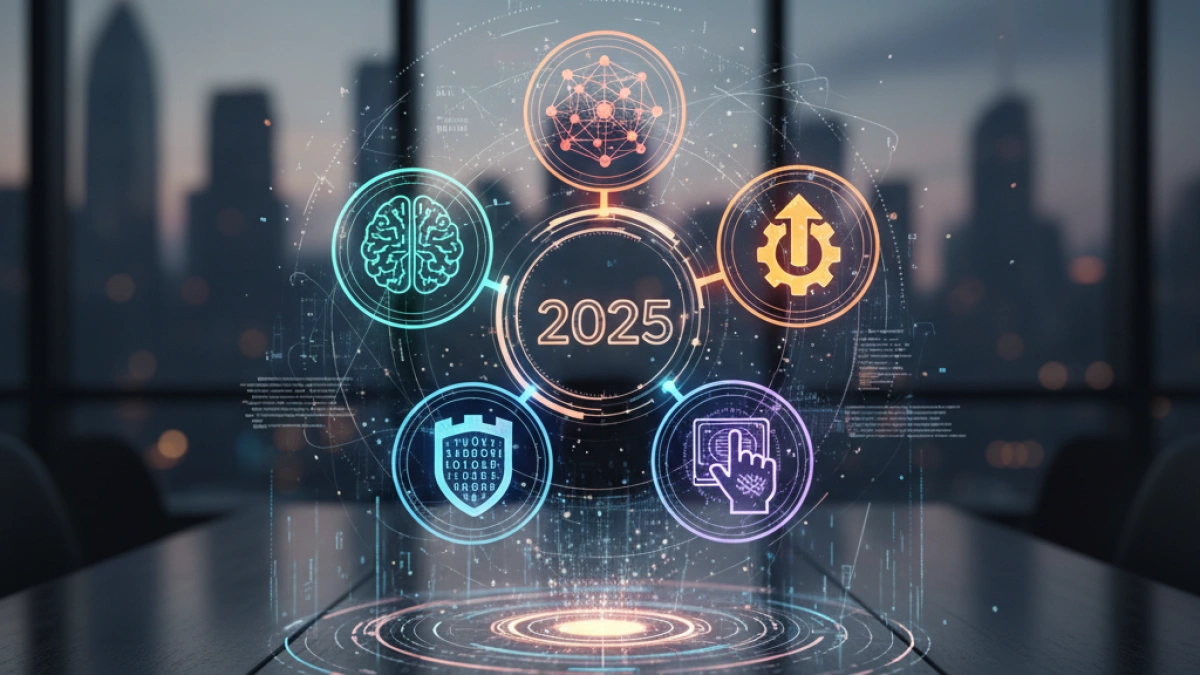
In a world where software development is evolving at a breakneck pace, programmers are facing a series of transformations that redefine their role in the industry. Artificial intelligence (AI) has become a central player, altering not only the way software is developed but also how tools are interacted with and value is created. Based on current trends and projections for the near future, here are five key skills that every programmer should master to remain relevant in 2025.
1. Context Engineering: Beyond Simple Prompting
While the concept of "Prompt Engineering" has gained traction, the truly transformative skill is Context Engineering. While a prompt is a direct instruction to an AI model, context encompasses a broad set of information that helps these models understand and execute tasks accurately. Without proper context, AIs may provide generic or unhelpful responses.
Context Engineering involves structuring information at different levels:
- Instructions or System Prompt: Defines the overall behavior and rules of the model.
- User Prompt: The specific instruction given.
- State or History: Includes past conversations and decisions impacting the current task.
- External Information: Access to API documentation, framework versions, and necessary libraries.
- Project Structure: Information about the architecture and components of the project, guiding the AI on where to generate code.
- Product and Technology Context: Specific details about the product in development and the technologies used.
Mastering this skill allows programmers to progress from simple "demos" to building robust and controlled solutions.
Read also
2. Python: The Swiss Army Knife of Modern Development
Python has established itself as the most prominent language in the realm of artificial intelligence, although its versatility extends beyond this area. Its simple yet powerful structure, combined with a vast ecosystem of libraries, makes it an essential tool for:
- Data Analysis: Using libraries like Pandas and Matplotlib.
- Machine Learning: Through frameworks like TensorFlow and PyTorch.
- Backend Web Development: With frameworks like Django and FastAPI.
- Automation and scripting.
For developers already proficient in other languages such as JavaScript, learning Python represents a significant opportunity to diversify their skill set and access growth areas.
3. Vibe Coding: The New Way of AI-Assisted Programming
Artificial intelligence will not eliminate jobs, but it will reform the way tasks are carried out. "Vibe Coding" describes this new methodology where, instead of constantly searching online for solutions to repetitive tasks, developers leverage autocompletion suggestions in code editors.
Read also
The goal is to delegate mechanical tasks to AI, allowing programmers to maintain a creative flow state to focus on business logic and project architecture. To maximize this interaction, it is crucial to master code editors like VS Code, Cursor, or Neovim, which increasingly incorporate AI functionalities.
4. MCPs (Model Context Protocol): The "USBs" of Artificial Intelligence
The Model Context Protocol (MCP), created by Anthropic and adopted by leading companies like Microsoft and GitHub, is an indispensable technology. MCPs allow AI models to connect and interact with tools, external services, APIs, and local file systems.
An AI model, on its own, lacks contextual information such as the current time or access to project files. MCPs address these limitations, allowing, for example, an AI to check the time within VS Code by executing a command in the terminal.
The implementation of MCPs opens a spectrum of possibilities, from interacting with GitHub repositories to reading Figma designs and controlling browsers using tools like Playwright, facilitating scraping tasks or creating end-to-end tests. For a developer, it is not only useful to know how to utilize these services but also to learn how to create their own MCP servers for customized connections with internal tools and APIs.
5. Product Engineering: The Bridge Between Code and Value
Finally, one of the most crucial yet often underestimated skills is product engineering. Programmers typically focus on the technical aspect, but in the current environment, understanding the "why" behind every line of code is essential.
A programmer with a product vision is capable of:
- Recognizing the true value delivered to the user.
- Effectively managing projects and prioritizing features.
- Iterating on solutions based on metrics and business objectives.
- Identifying opportunities for the development of new projects or startups.
It is crucial to remember that the goal of programming is not merely to write code but to solve real problems for users. Adopting a product-oriented mindset transforms a developer into a more complete and attractive professional for companies, making a significant difference in their careers.
The future of programming is at a turning point. The profession will not disappear; instead, it will be radically transformed. Adapting to these new tools and approaches is not just advisable; it is essential to thrive in 2025 and beyond.
For more information on the topic, feel free to continue exploring the blog.

